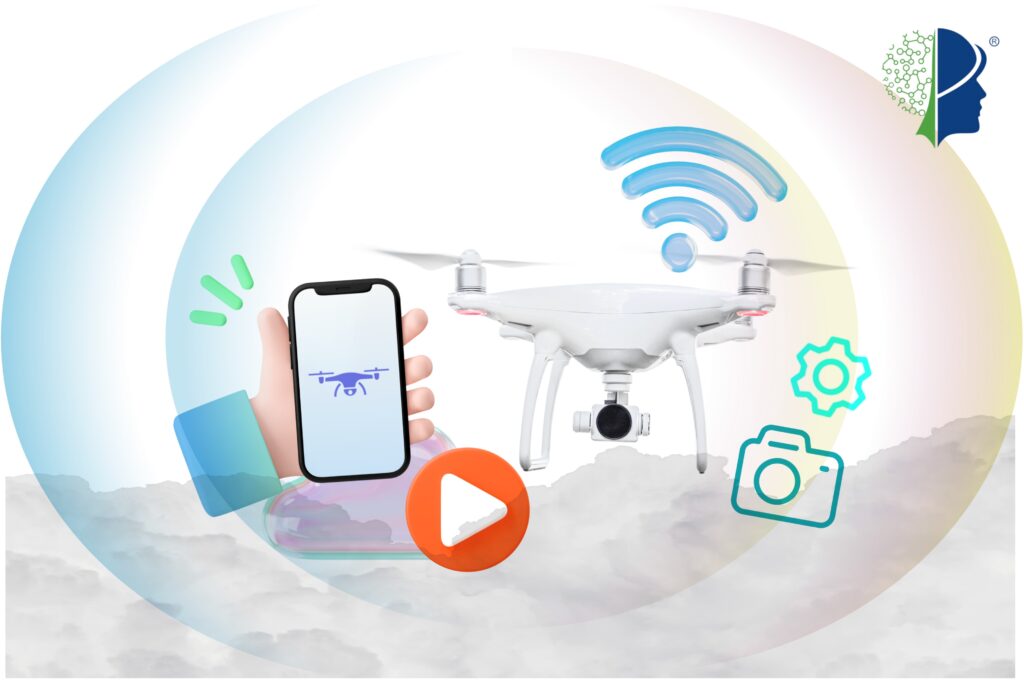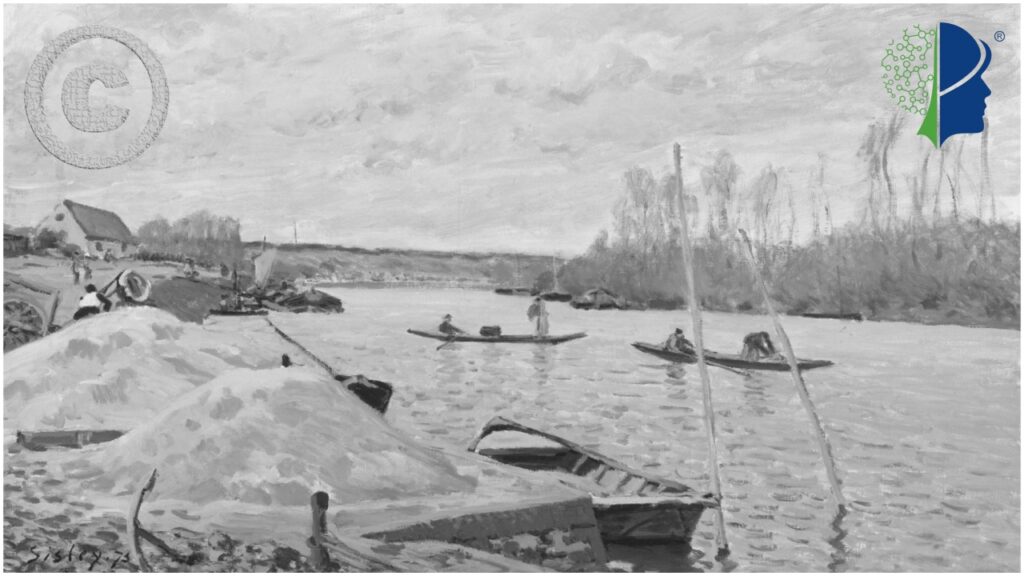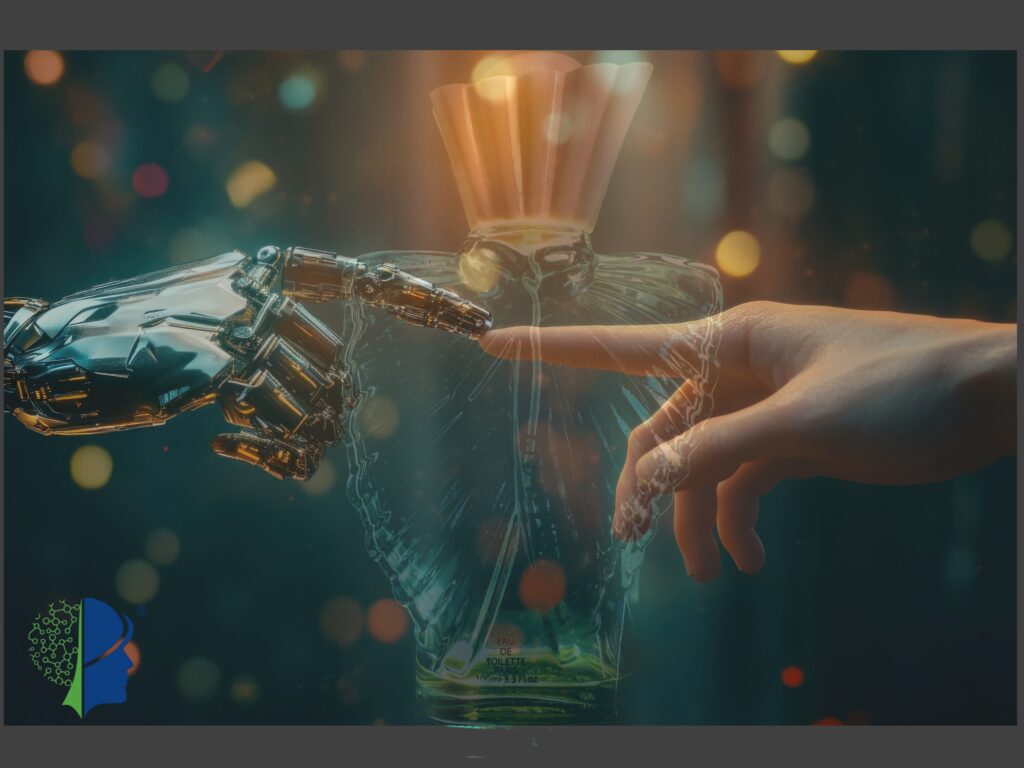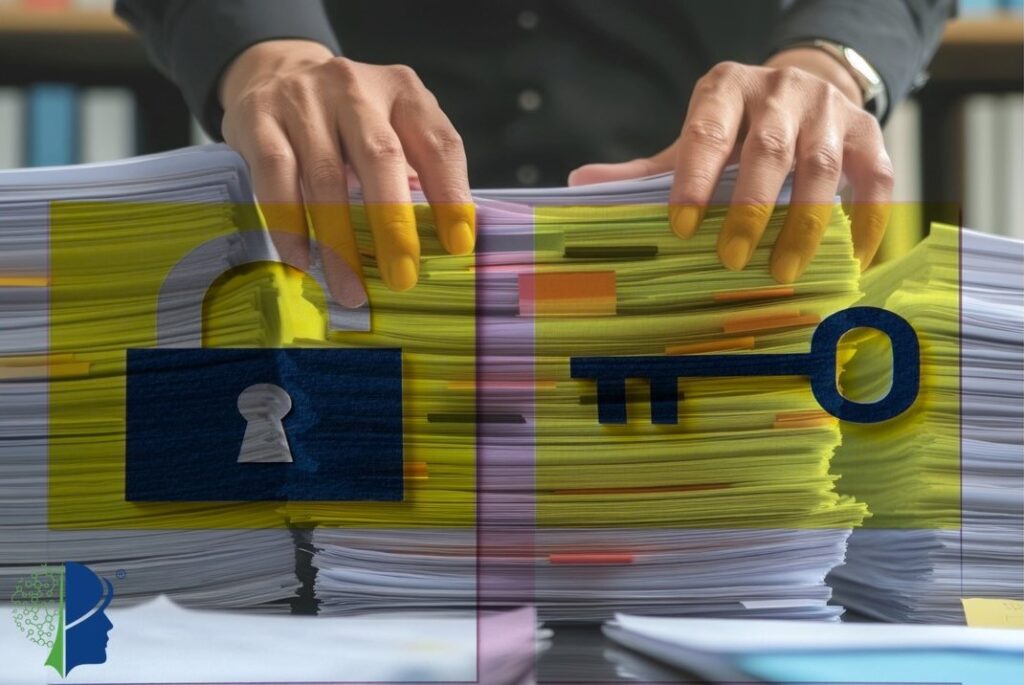Assessment of Inventive Step: Problem-Solution Approach

INTRODUCTION “Inventive Step” is one of the main elements in assessing the patentability of an invention around the globe. Under the Indian Patent Act of 1970, Section 2 (ja) defines “inventive step”. It means a feature of an invention that involves technical advance as compared to the existing knowledge or having economic significance or both […]
Utility Requirement in Indian Patent Law

INTRODUCTIONThere are three essential elements for an invention to be patented: it must be a new product or process, have economic significance (i.e., industrial applicability), and must not be obvious to a person skilled in the art. Section 2(j) of the Patents Act, 1970 defines ‘invention’ as a new product or process capable of industrial […]
Doctrine of Scene A Faire in Copyright Law

INTRODUCTION Scène à Faire is French for ‘scene to do/scene to be made’. It refers to elements that are so common in a particular genre or form of creative work that they are considered essential for conveying those ideas. These generic or clichéd elements, which are often necessary to express certain ideas, are not eligible […]
Copyright Protection in India: Doctrine of Originality

INTRODUCTION “Originality” is the cornerstone of copyright protection worldwide, serving as a fundamental prerequisite for invoking legal safeguards under copyright law. In legal terms, originality is sine qua non—an essential condition for copyright protection. While the term “original” often suggests something entirely novel and unprecedented, within the framework of copyright law, it carries a more […]
Inventive Step in Indian Patent System

INTRODUCTION Patents safeguard inventions by granting exclusive rights, but not all inventions qualify. For an invention to be patentable, it must meet three fundamental criteria: novelty, an inventive step (non-obviousness), and industrial applicability. While the criteria for novelty and industrial applicability are generally well-defined and understood based on the Act’s provision, the concept of non-obviousness, […]
Trademarks and Secondary Meaning: Acquired Distinctiveness in India

INTRODUCTION The fundamental principle of trademark law is to protect the source of origin of the goods or services under the creation label or mark. Such a label or mark should have a distinctive character capable of distinguishing itself from other players in the market. It could be inherent or could be acquired through secondary […]
AI Digitization in Olfactory Art: Future of Perfume Industry and Copyright

In 2006, the Dutch Supreme Court delivered a landmark ruling regarding the copyrightability of scents, declaring that smells could qualify as protected subject matter under copyright laws. The case revolved around Lancôme suing Kecofa for its perfume, Tresor. The court used a compelling analogy: just as the content of a book is protected by copyright […]
Trade Secrets and Office Management: Strategizing protection and valuation

A trade secret combines valuable business know-how with confidentiality. Every company seeks to protect the secrets that give it a competitive edge. These trade secrets hold substantial commercial value and are often supported by intellectual property rights like trademarks, patents, and copyrights. In the business world, a secret typically holds economic value, stemming from the […]

